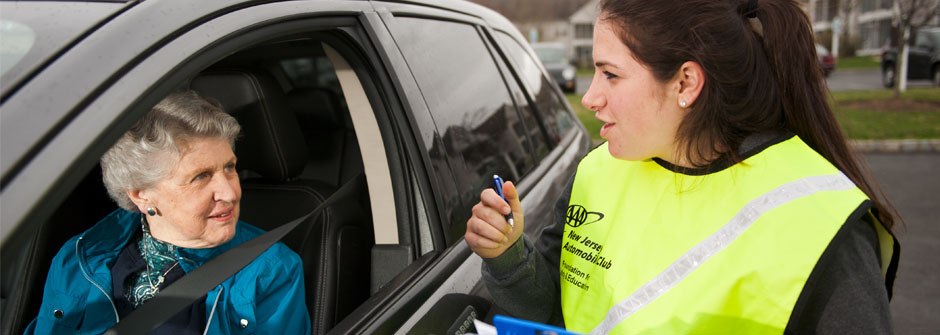
Department of Occupational Therapy
Academic Programs
- Master of Science in Occupational Therapy (M.S.O.T.)
- Dual Degree Program in Occupational Therapy (Accelerated B.A. + M.S.O.T.)
Department Mission
The Department of Occupational Therapy's mission is to graduate qualified, entry-level occupational therapists who will provide ethical, supportive, evidence-based and effective care to those they serve.
Department Vision
It is the vision of the Occupational Therapy program at Seton Hall University to educate students to become occupation-based practitioners who will enhance the quality of life and participation of the populations we serve across all environments, areas of occupation and life roles. This core vision will permeate the curriculum and our research efforts, and will serve to position the program as a resource for clinicians and communities in New Jersey.
Accreditation
The occupational therapy program is accredited by the Accreditation Council for Occupational Therapy Education (ACOTE) of the American Occupational Therapy Association (AOTA), located at 7501 Wisconsin Avenue, Suite 510E, Bethesda, MD 20814. ACOTE's telephone number, c/o AOTA, is (301) 652-AOTA, and its web address is www.acoteonline.org.
Faculty and Staff
Department Chair: Ruth Segal, PhD, OTR
Department Secretary: Yolanda Sheffield Williams
Tuition and Financial Aid
- Seton Hall University Tuition and Fees (SHU Office of the Bursar)
- Seton Hall University Office of Financial Aid
- OT Estimated Costs
Academic Policies
Students need to maintain a cumulative GPA of 3.0 and course grades higher than C in each course to graduate. Failure to maintain a cumulative GPA of 3.0 leads to probation which allows students two terms to raise their cumulative GPA. A grade below C in a course requires students to retake the course. This is a lock-step curriculum which means that courses cannot be taken out of sequence. Therefore, a failure in a course results in a one-year delay of graduation.
Contact the Department
Seton Hall University
School of Health and Medical Sciences
Interprofessional Health Sciences Campus
123 Metro Boulevard
Nutley, NJ 07110
(973) 761-7145
yolanda.sheffieldwilliams@shu.edu
For Graduate Admissions questions, contact:
Patrick McDermott, M.A.
Assistant Dean for Graduate Enrollment and Student Affairs
School of Health and Medical Sciences
shms@shu.edu
(973) 275-2062
For Dual Degree questions, contact:
Dr. Leslie Bunnage
Advisor of SOBS Dual Degree Programs
College of Arts and Sciences
leslie.bunnage@shu.edu
973-275-5814
Seton Hall Undergraduate Admissions and Enrollment Services
admissions.shu.edu
973-313-6146

